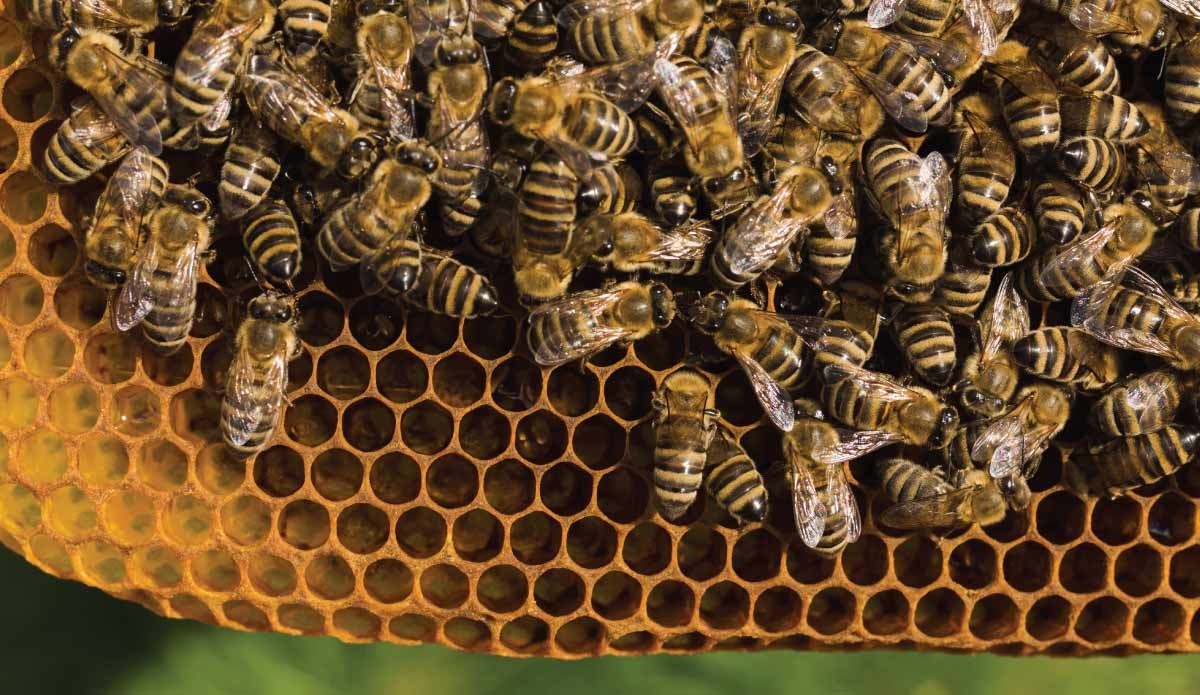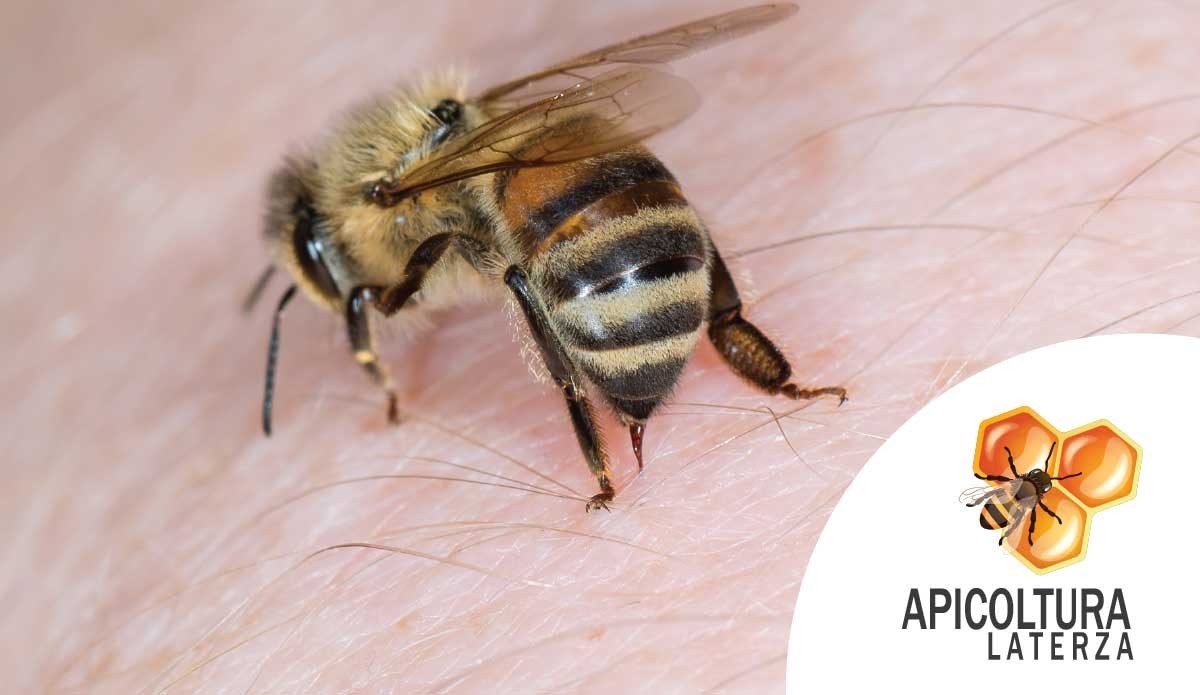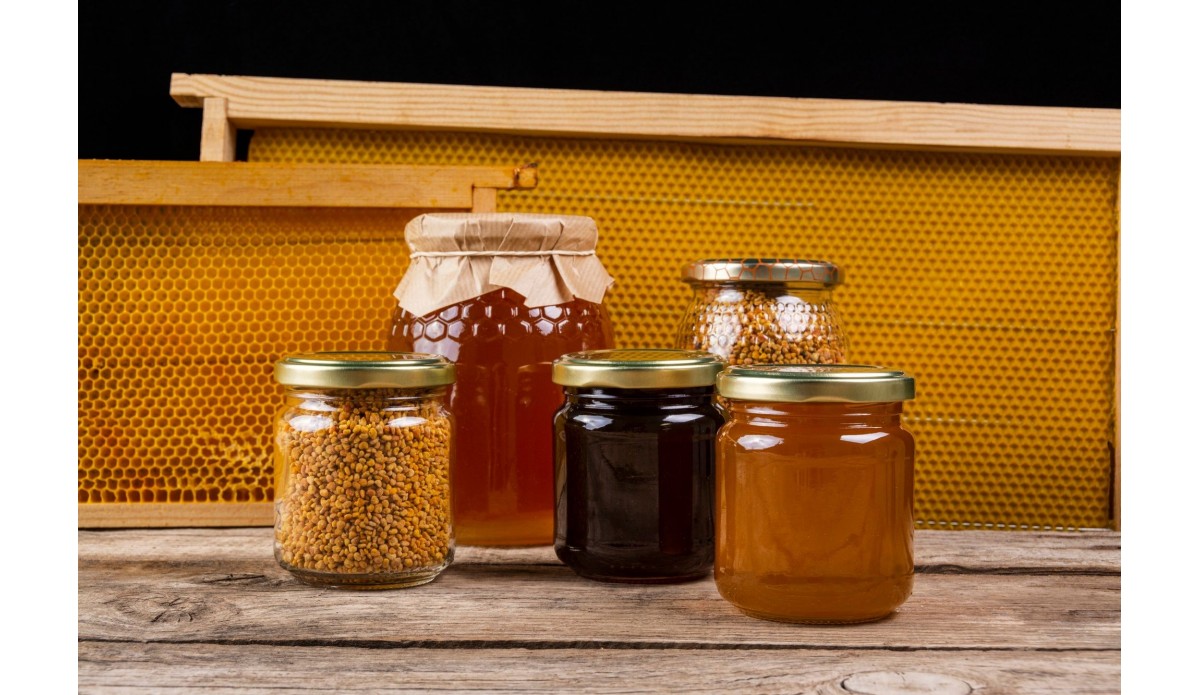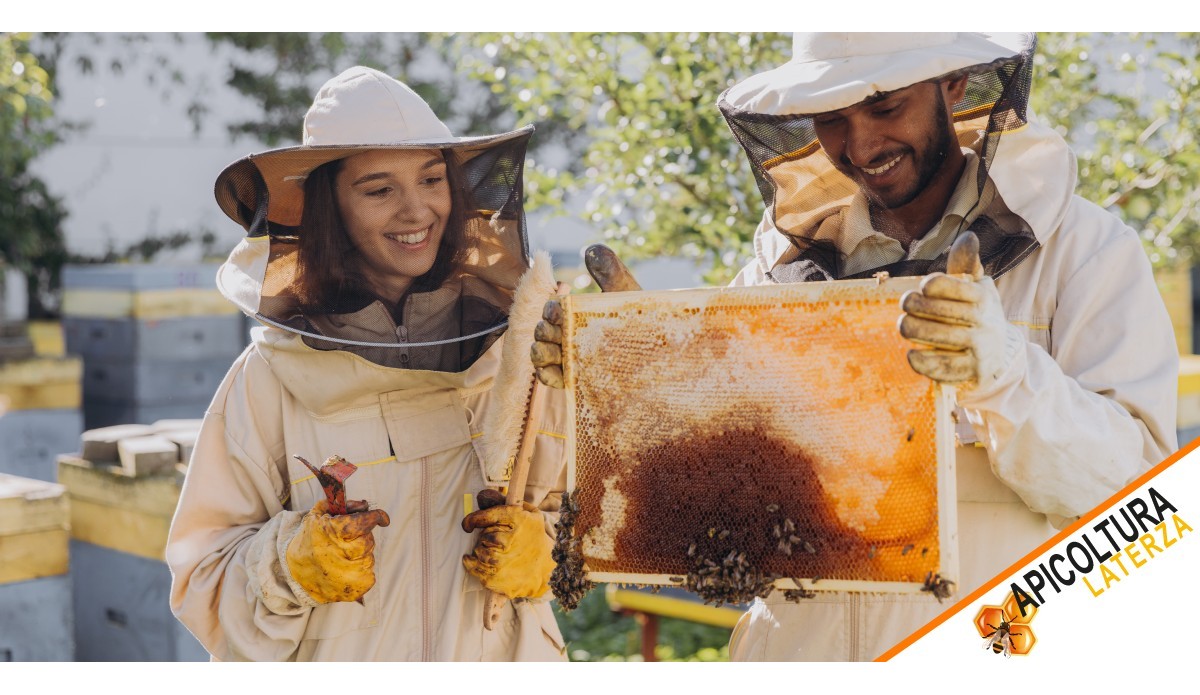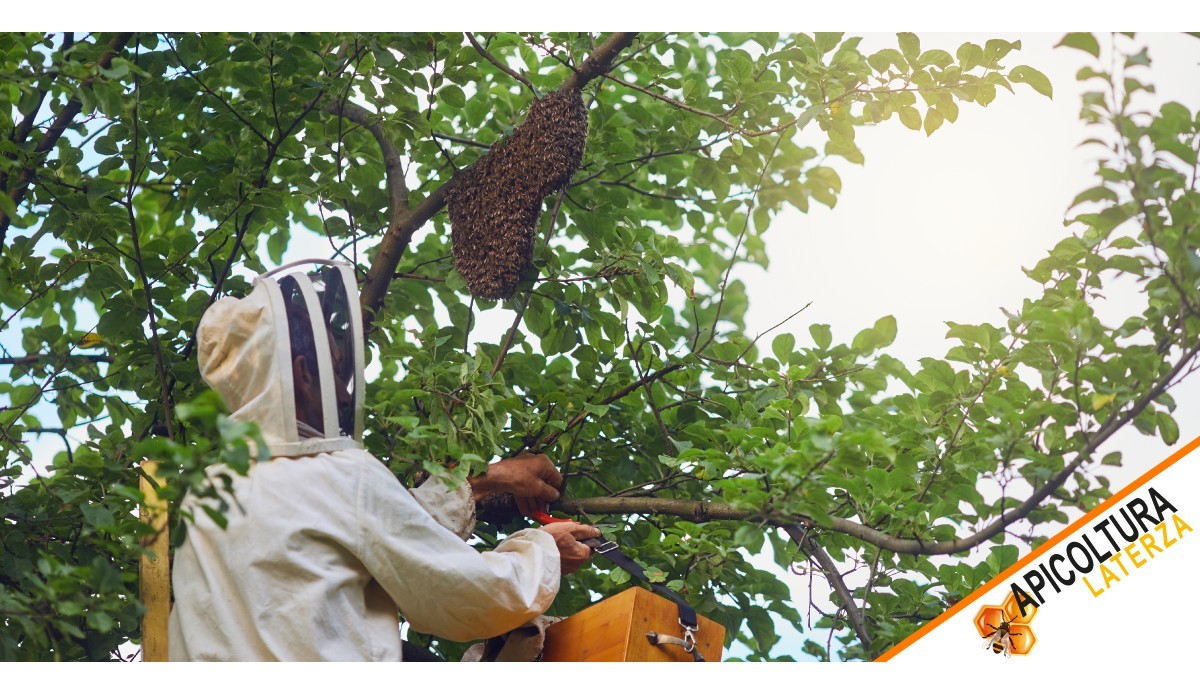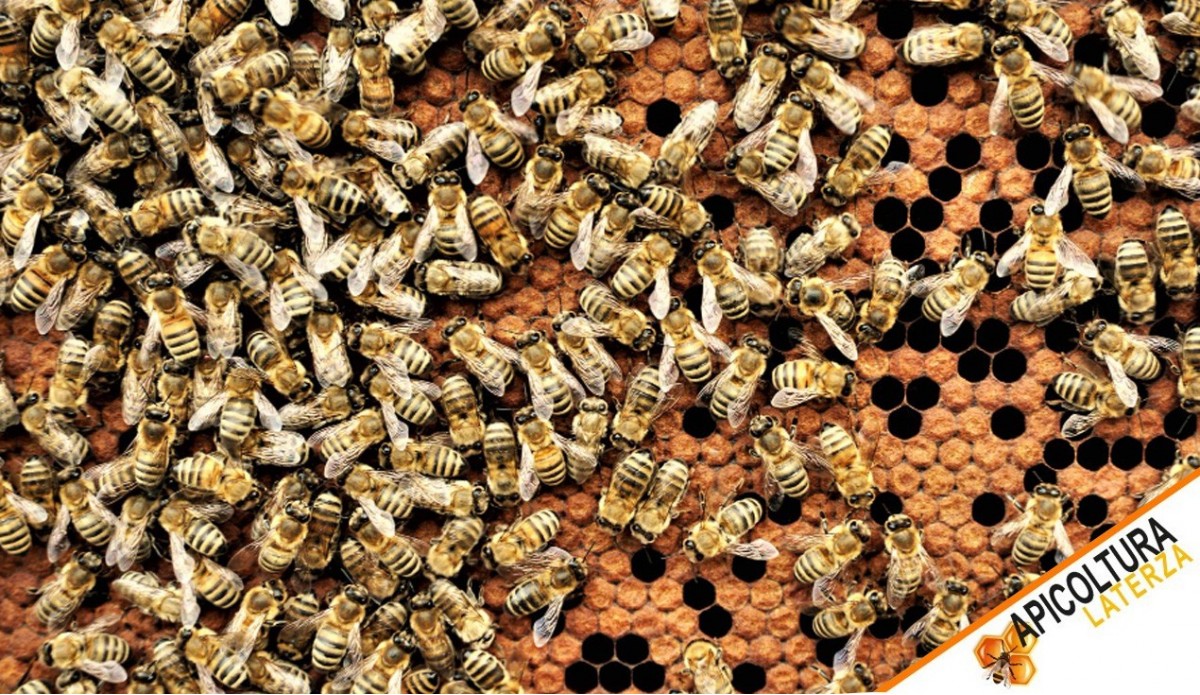Acacia Honey: Properties, Benefits, and Nutritional Values

Acacia honey is one of the most appreciated and recognizable types of honey available on the market. Thanks to its very light, almost transparent color and its delicate flavor, it is suitable for every palate, including that of young children. At Apicoltura Laterza, we have been dedicated for years to the production of high-quality monofloral honey, respecting tradition and highlighting the essential role of our bees—the true protagonists in creating this precious food.
Acacia honey is one of the most appreciated and recognizable types of honey available on the market. Thanks to its very light, almost transparent color and its delicate flavor, it is suitable for every palate, including that of young children. At Apicoltura Laterza, we have been dedicated for years to the production of high-quality monofloral honey, respecting tradition and highlighting the essential role of our bees—the true protagonists in creating this precious food.
How Acacia Honey is Made
Acacia honey is produced by bees from the nectar of the Robinia pseudoacacia flowers, a plant belonging to the Fabaceae family. Despite its name, this species is not native to Italy but originates from North America, from where it was imported and has since become naturalized in many regions of the country, especially in hilly forests.
Production begins when bees collect nectar from the black locust flowers. Once brought into the hive, the nectar undergoes a natural transformation involving enzymes, water evaporation, and storage in honeycombs. The result is a clear honey, with a very pale yellow color and a sweet but delicate taste, accompanied by a light floral aroma.
Acacia Honey Benefits and Properties
Acacia honey offers numerous properties and benefits. Primarily, thanks to its high content of simple sugars such as fructose, it serves as an excellent source of immediate and easily assimilable energy. This makes it particularly suitable for athletes, students, and anyone needing a quick energy boost.
Among its properties, acacia honey is also well tolerated by those with glycemic disorders: its lower glucose content compared to other honeys results in a reduced glycemic index, making it more appropriate for those who need to monitor blood sugar levels.
Thanks to its natural antibacterial properties, this honey is often used to treat sore throats and respiratory issues. Its soothing and disinfectant action helps calm coughs, decongest mucous membranes, and promote healing—even in children.
How to Use Acacia Honey
So, what is acacia honey used for in everyday life? In addition to its medicinal use and as a sugar alternative, honey is perfect as a natural sweetener for tea, coffee, yogurt, or desserts. It can be spread on toast for a healthy breakfast or used to marinate meats and enrich sauces.
Regular consumption of honey, as part of a balanced diet, may help boost the immune system, support digestion, and provide essential nutrients such as minerals (including potassium, calcium, and iron), vitamins, and antioxidants.
Acacia Honey Nutritional Values
Speaking of nutrition, 100 grams of acacia honey contain about 304 kcal, of which more than 80% are simple sugars. Its main sugar components are fructose and glucose, in proportions that make this honey more stable and less prone to crystallization than other types of honey.
Besides carbohydrates, honey also provides small amounts of protein, enzymes, B vitamins, and minerals. It contains no fats or fiber, but its nutritional value lies in its natural composition and the body’s rapid absorption.
Acacia Honey: Properties and Contraindications
Despite its many benefits, acacia honey also has some contraindications. Although it is a natural product, it is not suitable for children under one year of age due to the potential—albeit rare—risk of Clostridium botulinum contamination. Moreover, people with diabetes or those following a low-calorie diet should consume it in moderation, considering its high sugar and calorie content.
In general, acacia honey is a safe food, but like everything, its consumption should be tailored to individual needs and health conditions.
Conclusion: The Benefits of Acacia Honey
In summary, the benefits of acacia honey are clear: it is a complete food, with a refined taste, rich in nutrients, versatile in the kitchen, and valuable for our well-being. Thanks to its properties, it stands out as one of the most appreciated and sought-after honeys, both in Italy and abroad.
At Apicoltura Laterza, quality is our core value: our acacia honey, 100% Italian, comes from carefully selected and monitored hives, produced with sustainable and eco-friendly methods. A monofloral honey of excellence—perfect for those seeking taste, authenticity, and health in a single product.
Choose acacia honey for a more natural diet, to pamper yourself in winter, or to replace sugar with a sweetness that comes directly from nature.

